7 Factors To Consider Before Buying New Irons
How to select the right set of irons for your game
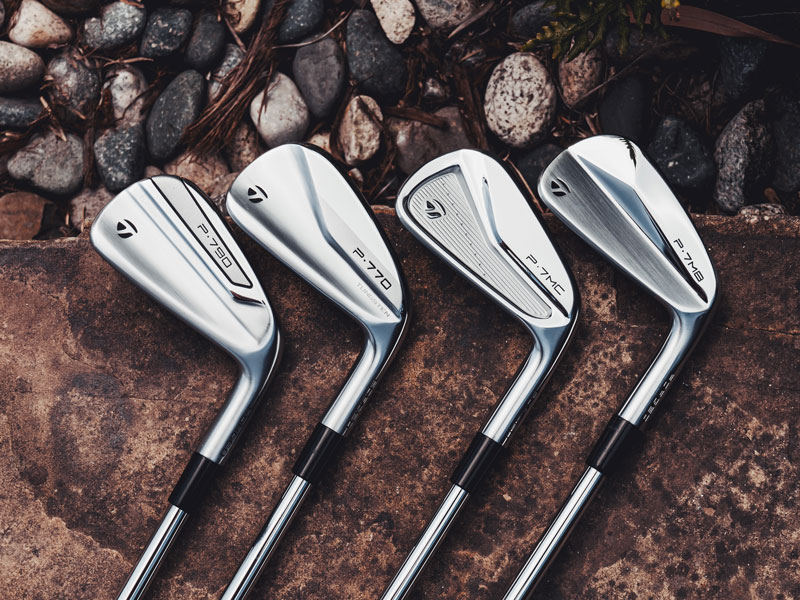
Don't be that player who ends up blaming their tools. Here are seven key factors you must consider before buying a new set of irons
7 Factors To Consider Before Buying New Irons
New irons are guaranteed to take your game to the next level, right? As much as we'd like that to be true, if you end up with a set of irons that aren't right for your game, you're unlikely to get the performance benefits you'd hoped for. However, take the following seven factors into account before buying new irons, and you have every chance of playing better golf and shooting lower scores.
1 Looks
The aesthetics of your golf clubs play a huge role in how well you use them. You need to be confident in what you are looking down on - not just as you hit balls on the range but crucially, as you put scores together in competition. Every golfer has a look that inspires confidence in them, and you'll need to give this some careful consideration.
Less confident ball strikers may prefer the security of looking down on thicker toplines that promise more forgiveness while lower handicappers might prefer the promise of control from sleeker, 'player's' irons. Don't ignore the importance of finding a set that looks great to you, particularly at address. The confidence this inspires will almost certainly lead to better swings, especially under pressure!
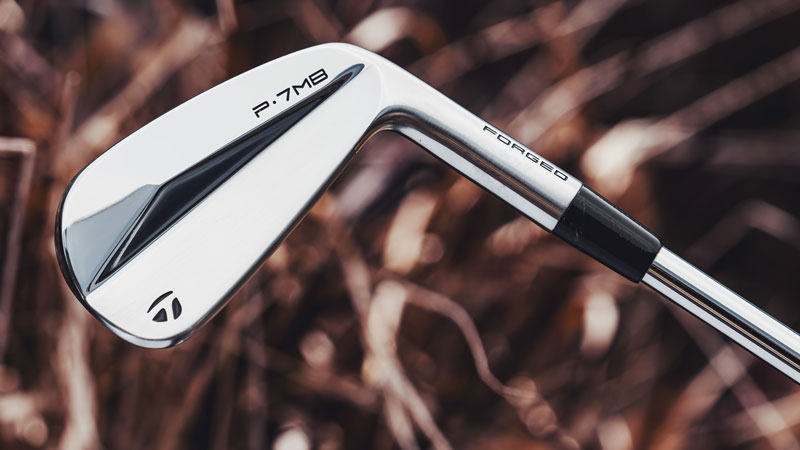
2 Distance
One area where the manufacturers have made big strides in recent years is in the creation of distance irons. For many golfers the ability to hit a 7-iron 10 yards further but with the same flight can unlock a higher level of performance. Modern technology has created a trend towards distance irons that still have a sleek, traditional look down behind the ball. If you could benefit from more distance in your iron game, there are some great options on the market to choose from.
RELATED: TaylorMade P790 Review
Get the Golf Monthly Newsletter
Subscribe to the Golf Monthly newsletter to stay up to date with all the latest tour news, equipment news, reviews, head-to-heads and buyer’s guides from our team of experienced experts.
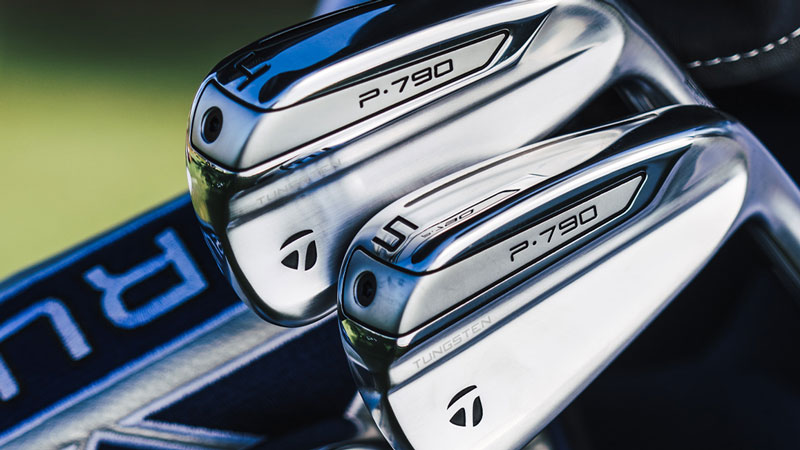
3 Forgiveness
We all have days when we strike the ball purely, but getting your handicap down is often a case of making your bad days better. What's more, the majority of danger is short of the green, with bunkers and other hazards waiting to catch poorly struck approach shots. For many amateur golfers, and especially game improvers, a set that offers maximum forgiveness will help bring their less-than-perfect shots closer to the target. If you fall into this category, think clearly about the iron model that will help you shoot lower scores - and don't be swayed by player's irons that might look beautiful in the bag but will not offer the levels of forgiveness you need.
RELATED: TaylorMade SIM2 Irons Review
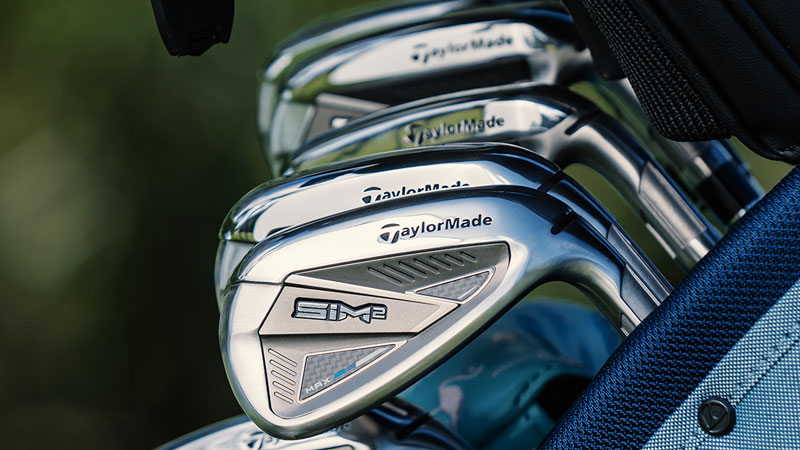
4 Distance Control
Tour players talk a lot about distance control - it's crucial at the elite level where they're required to hit such precise numbers. Indeed, this element of your decision-making process becomes more important the lower your handicap gets. In fact, once you get to a point where you feel comfortable striking the middle of the face more often than not, this should become a major priority. Finding a model that delivers consistently reliable distances will undoubtedly help more confident ball-strikers set up better birdie chances.
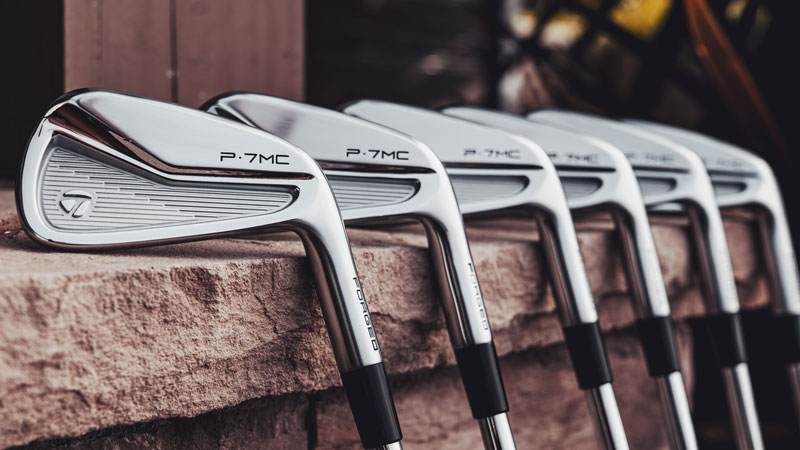
5 Shot Shaping
Generally speaking, it's the more accomplished ball strikers who demand workability from their irons. If you like to control the flight of your ball by hitting fades, draws and punches, a players iron is the way to go.
Some models offer feel and workability for the better player with enough forgiveness to be playable for both low and mid handicappers.
RELATED: TaylorMade P-Series Irons Review
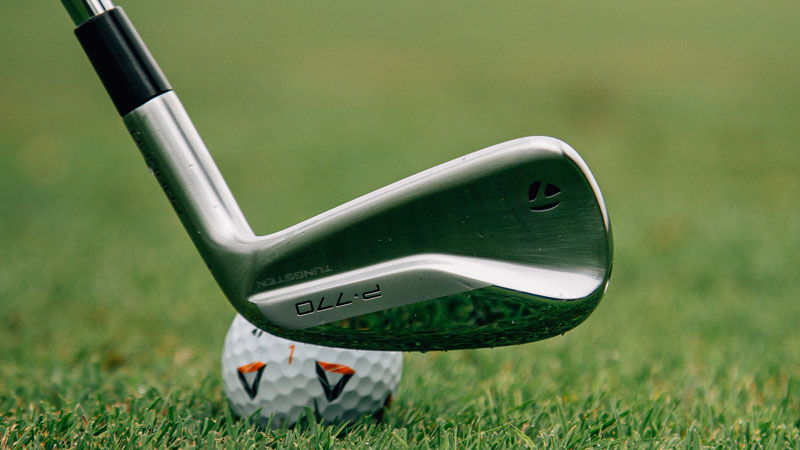
6 Your Consistent Miss
This is not being negative - it's an important factor to consider, and being honest with yourself will help you to select the right irons for your game. For example, it's not uncommon for game improvers to struggle with a slice. If this is you, you'll benefit from a set of game improvement irons, which tend to have more offset - the distance between the leading edge and the front of the hosel. More offset encourages the golfer to square the club more consistently through impact - hitting fewer slices!
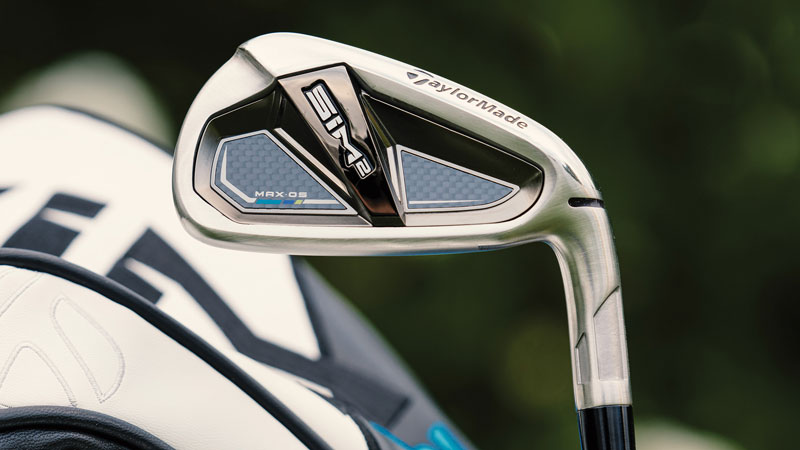
7 Ball Flight
Players who struggle to keep the ball down may find some of the most forgiving head designs launch the ball too high for the way they swing, while players who struggle to flight the ball will relish the assistance on offer.
For those who naturally hit the ball a little too high, it can sometimes be a bit of a choice between achieving the right levels of forgiveness they’re after, without losing control of the ball flight. This can be tricky, but a custom-fitting will certainly help here, as it may be possible to get the best of both worlds with the right head and shaft.
If you are struggling to get your iron shots up into the air, a model with a wide sole may help; by pushing the centre of gravity down and away from the face, these designs will help create that high launch you’re looking for.
Articles created in partnership with TaylorMade.
-
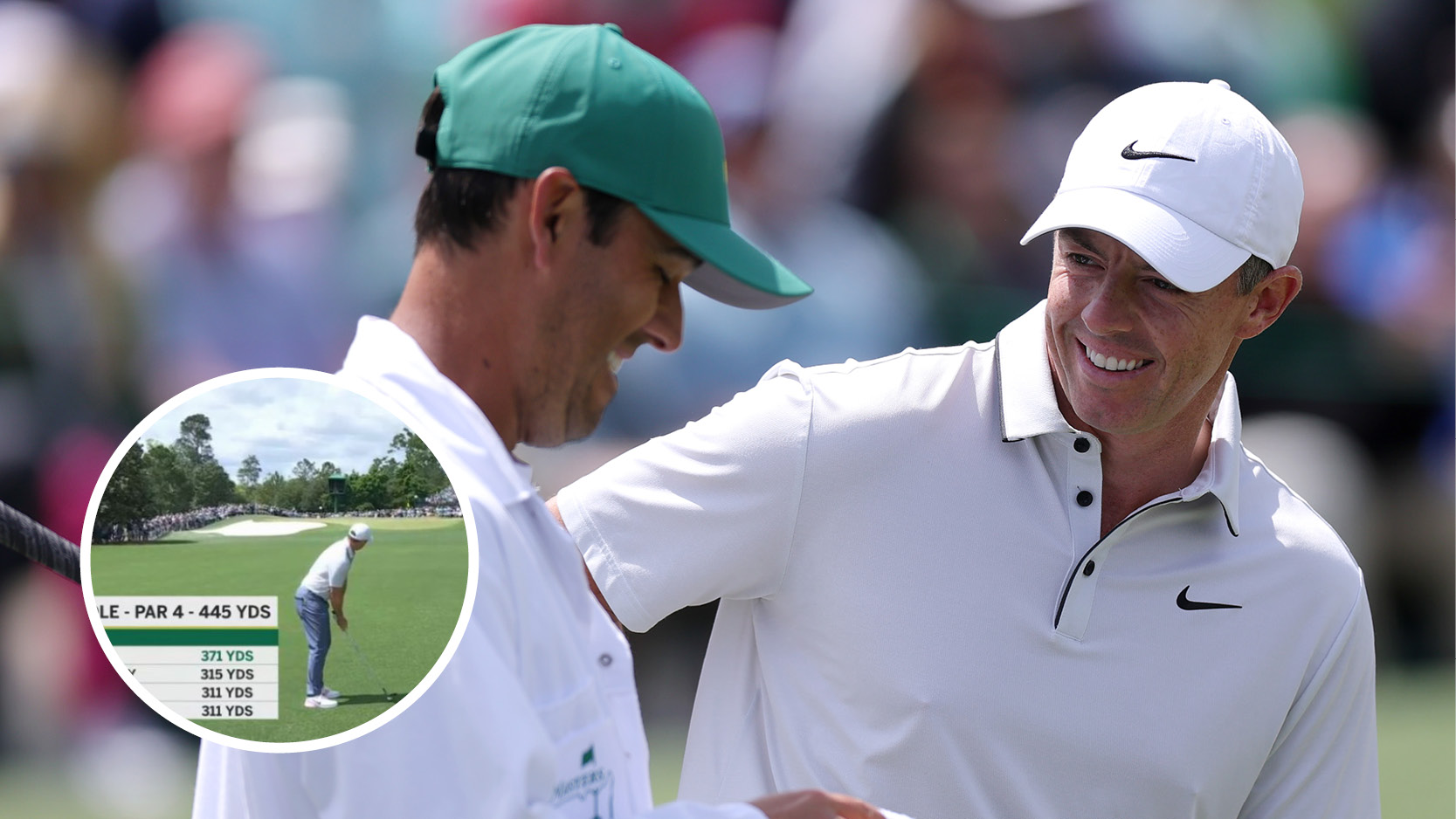 Rory McIlroy Fires Back-To-Back 370-Yard Monster Drives In Birdie-Eagle-Birdie Start To Lead The Masters
Rory McIlroy Fires Back-To-Back 370-Yard Monster Drives In Birdie-Eagle-Birdie Start To Lead The MastersIt's safe to say that the four-time Major winner was full of adrenaline at the start of his third round, with McIlroy pounding two drives that measured a total of 740-yards
By Matt Cradock Published
-
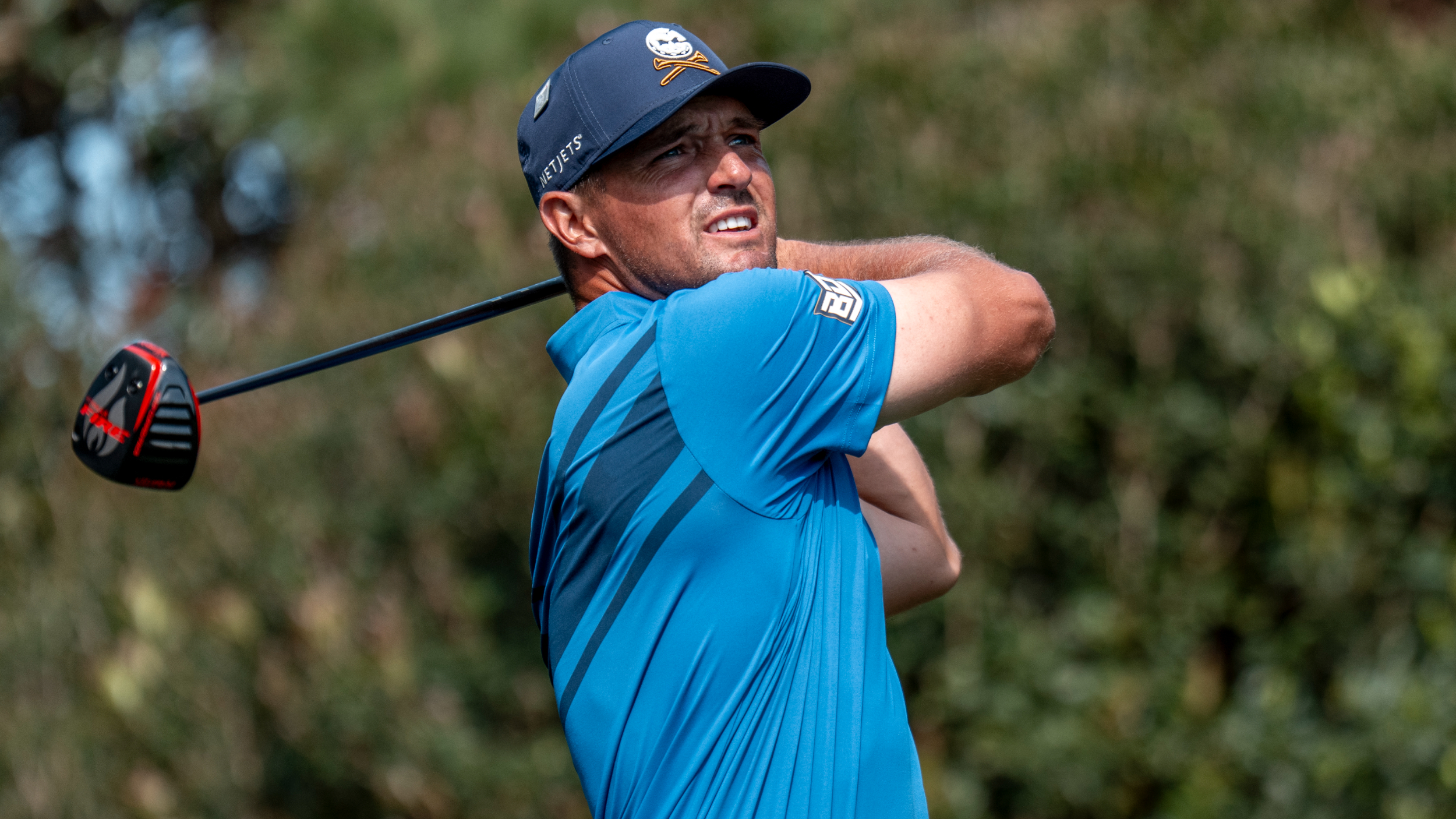 Who Is On Bryson DeChambeau’s Team? Coach, Caddie, Manager And More
Who Is On Bryson DeChambeau’s Team? Coach, Caddie, Manager And MoreBryson DeChambeau is one of the most high-profile and successful players of his era, but who are the team members helping to guide his career?
By Mike Hall Published